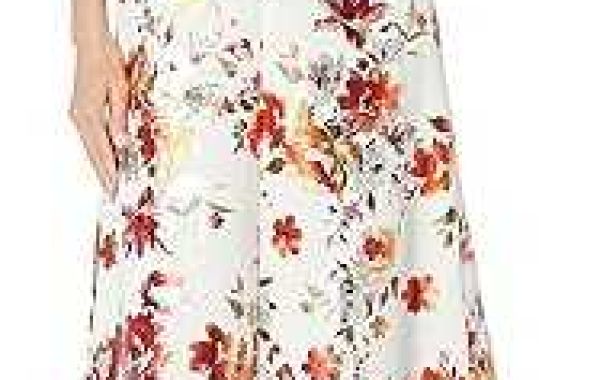In recent years, there has been a growing appreciation for the rich cultural tapestry woven into the fabric of African fashion. Women's African clothing, with its vibrant colors, intricate patterns, and cultural significance, has captured the attention of fashion enthusiasts worldwide. In this article, we delve into the beauty and diversity of women's African clothing, exploring its history, styles, and the rising global popularity.
The Rich Tapestry of African Clothing:
Women's African clothing is a celebration of diversity, reflecting the myriad cultures, traditions, and histories of the continent. Each piece of clothing tells a unique story, adorned with symbols and motifs that hold deep cultural meanings. From the bold and beautiful Ankara prints of West Africa to the flowing, earth-toned dresses of East Africa, every region contributes to the kaleidoscope of African fashion.
Styles and Silhouettes:
One of the remarkable aspects of women's African clothing is the versatility in styles and silhouettes. Traditional garments like the kaftan, boubou, and dashiki have evolved to embrace modern trends. The blend of traditional and contemporary elements results in outfits that are not only culturally significant but also chic and fashionable.
Ankara, a popular fabric in African fashion, is often used to create stunning dresses, skirts, and blouses. Its bold and vibrant patterns make it a favorite choice for those who want to make a statement with their attire. The use of headwraps, known as gele or dhuku, adds a touch of elegance and completes the overall look.
Global Appeal:
Women's African clothing has transcended its cultural roots and gained widespread recognition on the global fashion stage. Designers around the world are incorporating African-inspired elements into their collections, contributing to a fashion movement that celebrates diversity and inclusivity.
The rising popularity of women's African clothing can be attributed to its unique aesthetic appeal, but also to the increasing awareness of the importance of cultural representation in the fashion industry. Social media platforms have played a significant role in promoting African fashion, with fashion influencers and celebrities showcasing their love for these vibrant and culturally rich garments.
Wearing African clothing is not just a fashion choice; it is a celebration of heritage and identity. As women embrace these diverse styles, they also contribute to the preservation and promotion of African culture on a global scale.
Conclusion:
In conclusion, women's African clothing is a testament to the beauty of cultural diversity. With its vibrant colors, intricate patterns, and rich cultural significance, African fashion continues to capture the hearts of fashion enthusiasts worldwide. As we celebrate the unique styles and stories woven into each garment, it's evident that women's African clothing is more than just a trend—it's a celebration of identity, heritage, and the enduring beauty of cultural expression. So, whether you're drawn to the bold Ankara prints or the timeless elegance of traditional silhouettes, embracing women's African clothing is a journey into a world where fashion tells a story, and every garment is a piece of art.







